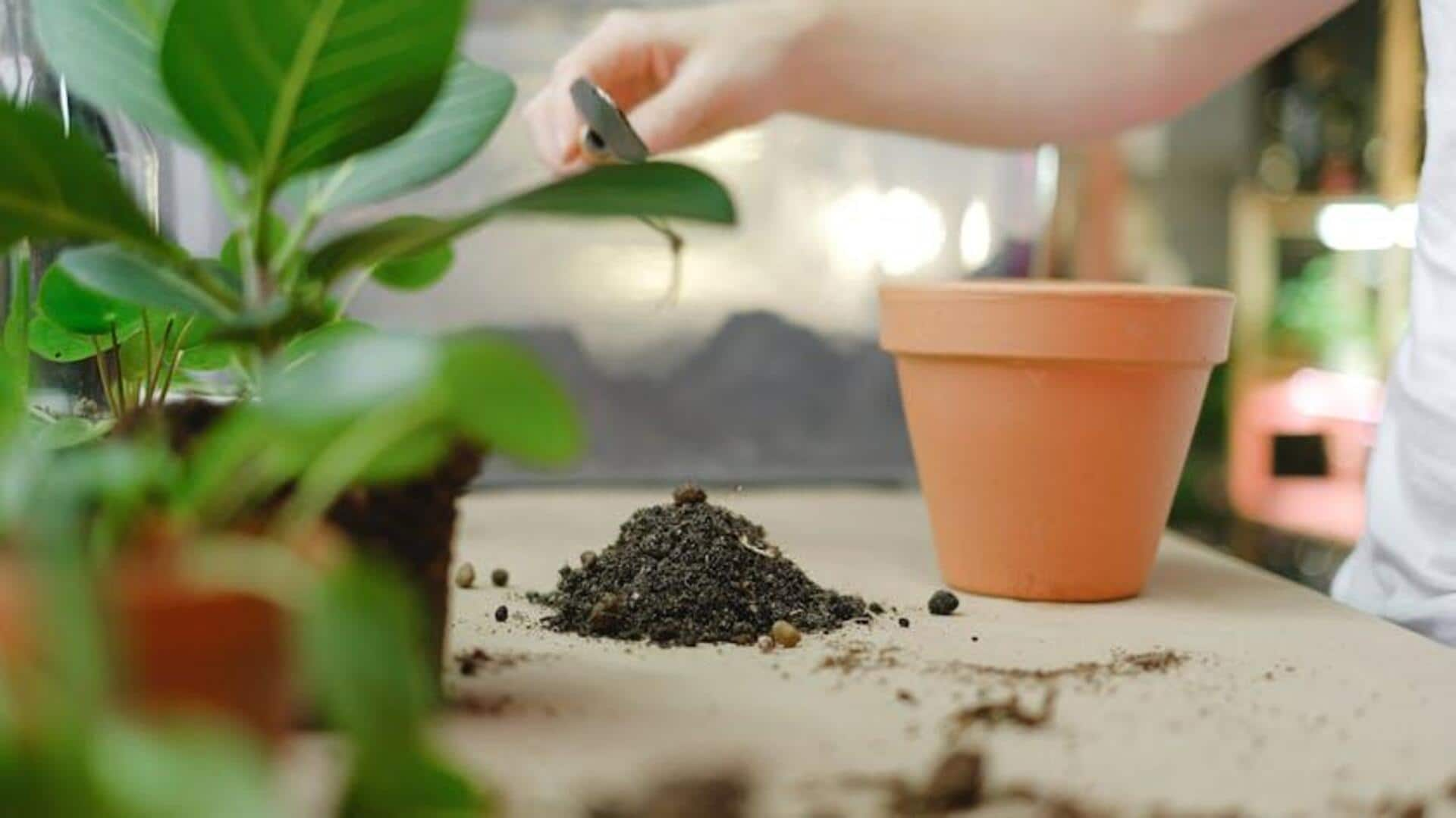
Budget-savvy homemade natural fertilizers in Africa
What's the story
Agriculture is the beating heart of Africa's economy and the lifeblood of millions. However, high prices of commercial fertilizers hinder small-scale farmers. This article delves into the world of affordable, DIY natural fertilizers. Not only are they cheaper and eco-friendly, but they also utilize local resources, fostering self-reliance, reducing import dependency, and ultimately contributing to a greener Africa.
Coffee magic
Coffee grounds as nitrogen boost
Coffee grounds are rich in nitrogen, an essential nutrient that plants need to grow and thrive. In African homes and cafes, coffee grounds are typically thrown away as waste. These can be gathered and directly applied in the garden or compost pile to infuse the soil with a healthy dose of nitrogen. This approach is virtually cost-free and provides an easy solution to repurpose organic waste while enhancing soil fertility.
Banana power
Banana peels for potassium
Banana peels are an excellent source of potassium, a crucial nutrient that helps plants regulate water and activate enzymes. By drying and grinding leftover banana peels into a powder (or even burying them whole near the roots), you can create a natural potassium supplement for your plants. This not only supplies your plants with a key nutrient but also reduces waste by reusing something that would otherwise be thrown away.
Shell strength
Eggshell calcium enrichment
Eggshells are a rich source of calcium carbonate, an essential nutrient that strengthens plant cells and promotes healthy growth. Gardeners can simply rinse and crush eggshells into a fine powder, then sprinkle it around plants or mix it into the soil to boost calcium levels without any extra cost. This is a great way to prevent blossom end rot in tomatoes and other fruit-bearing plants.
Ash wisdom
Wood ash for soil pH balancing
Wood ash, from fireplaces or stoves, is rich in potassium carbonate, perfect for neutralizing acidic soils and boosting fertility. It's important to use it sparingly, though, as too much can create alkaline soil. A light dusting around plants or mixed into compost once or twice a year is enough, enhancing soil quality without any additional expense.
Waste not
Composting kitchen scraps
Composting kitchen scraps is an excellent way to recycle organic waste into nutrient-rich humus, which improves soil structure, moisture-holding capacity, and nutrient content. Vegetable peelings, coffee grounds, and almost any organic material can be tossed into a compost pile or bin instead of the trash. These materials naturally decompose over time, creating compost that supercharges plant growth - no need for store-bought fertilizers!